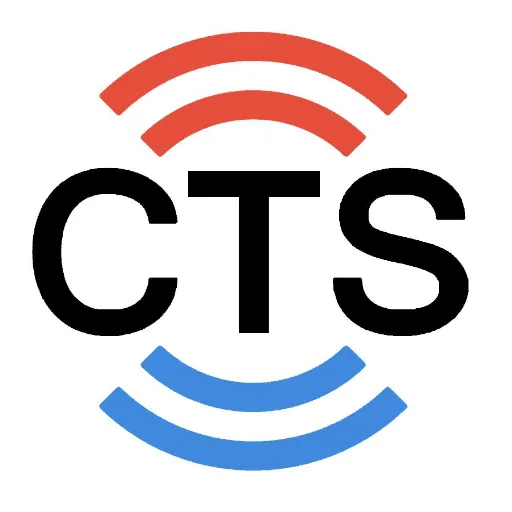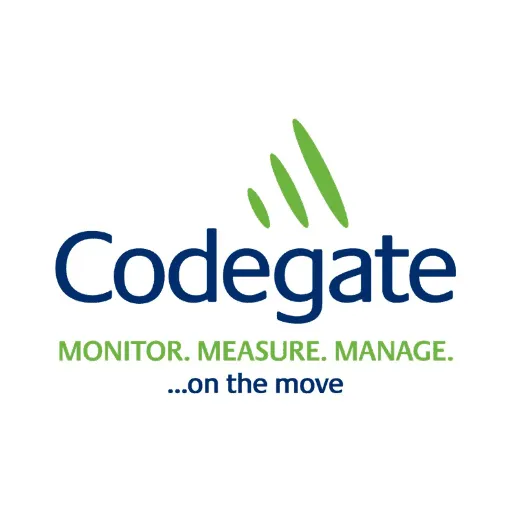New laws introduced in October 2024 require employers to proactively prevent sexual harassment in the workplace. Failure to do so can result in increased financial liability if an employee takes legal action and wins. With three out of every four people saying they have been subjected to sexual harassment at work, it’s never been more crucial for employers to understand how to prevent sexual harassment in the workplace.
Here, our HR and employment law specialists consider the types of actions that might be considered sexual harassment and explain the steps that you, as an employer, can take with a view to preventing sexual harassment in the workplace.
Call us now on 01491 598 600 or Click Here to Make An Enquiry and we will be delighted to help you.
Examples Of Sexual Harassment
To ensure you understand how to prevent sexual harassment in the workplace, it’s important to appreciate the different types of behaviour that might be deemed sexual harassment.
Sexual harassment in the UK is unwanted behaviour of a sexual nature that:
- Violates someone’s dignity, or
- Creates an intimidating, degrading, hostile, humiliating, or offensive atmosphere for someone
Behaviour can be sexual harassment if it fulfils the above requirements, regardless of the perpetrator’s intentions or its effects on the victim.
Examples of the types of behaviour that may be classed as ‘sexual harassment’ are wide and varied and include the following:
- Touching somebody against their will, for example, by hugging them
- Making sexual remarks about someone’s appearance, body, or clothing
- Telling sexually offensive jokes
- Asking someone questions about their sex life
- Displaying or sharing pornographic or sexual content, like photographs
- Making sexual jokes or other comments about someone’s sexual orientation
- Making sexual jokes or other comments about someone’s gender reassignment
- Rape and sexual assault
Preventing Sexual Harassment In The Workplace
Employers are legally obliged to take reasonable steps aimed at preventing sexual harassment in the workplace, and what counts as ‘reasonable’ will depend on the nature and size of your organisation.
Some measures that might be deemed ‘reasonable’ for large businesses might not be feasible for smaller ones with more limited resources. If you’re unsure, you should take advice from HR specialists like us to ensure compliance.
Examples of the types of steps that might be reasonable include the following:
• Encourage A Respectful Workplace Culture
Prevention is always better than cure and creating an environment in which instances of sexual harassment are less likely to occur is a crucial step towards preventing sexual harassment in the workplace.
Those holding positions of power within your organisation should lead from the top and set the tone for the levels of respect and inclusivity expected of everyone working there.
• Educate And Raise Awareness Among Your Workforce
Preventing sexual harassment in the workplace necessitates employers sending a clear message that such behaviour won’t be tolerated within your organisation. To do so, you might consider holding regular training sessions during which you educate your employees on what sexual harassment is, explain your organisation’s policy on sexual harassment, and remind them how they can report any instances of sexual harassment they witness.
• Carry Out Risk Assessments
You should regularly risk assess your business for sexual harassment in the same way as you do for other issues, like health and safety. This should include:
- Considering the risk of sexual harassment taking place
- Considering the measures you could take to reduce the risk
- Considering which of those measures are reasonable for you to take
- Implementing those reasonable measures
- Implement Clear Policies And Procedures
You should put formal policies in place to address sexual harassment in the workplace. Those policies should define what sexual harassment is, and provide examples, so your employees understand the types of behaviour that are unacceptable. The policies should reiterate your zero-tolerance stance on the issue, explain everyone’s responsibilities for preventing sexual harassment in the workplace, and spell out the ramifications for anyone who flouts the rules.
• Ensure You Have Effective Reporting, Handling, And Investigating Processes In Place
All credible anti-sexual harassment policies require effective reporting, handling, and investigating processes. Your reporting process must be straightforward, and you should make sure that all employees understand how to use it and feel comfortable doing so. You must ensure those tasked with investigating any complaint know how to do so properly, which will likely involve regular training sessions. It’s also important to support anyone who has experienced sexual harassment in the workplace, either in house or with the help of external agencies.
If you require assistance on how to prevent sexual harassment in the workplace, we are ideally placed to help. With decades of experience in assisting small businesses navigate HR and employment law issues, we offer pragmatic, cost-efficient advice tailored to your organisation, ensuring you remain legally compliant and tribunal-free.
Call us now on 01491 598 600 or Click Here to Make An Enquiry and we will be delighted to help you.



















































































































